If you change the beginning of the story, you can change the whole story.
Scientists, public health specialists and economists all agree: babies are the best learners on the planet, growing and learning fastest before their fifth birthday. From birth to age two, brains develop more quickly than at any other time of life. Early childhood experiences have a life-long impact on ensuring healthy physical, cognitive and emotional development. The foundations of an inclusive society.
Our work on the early years is guided by experience and learning from over 50 years of collaborating with partners around the world.
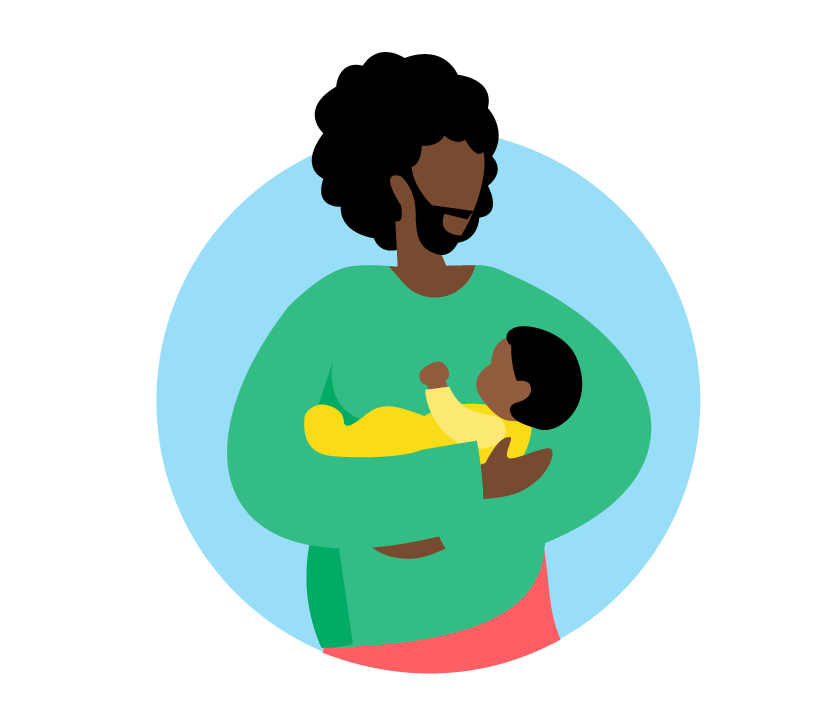
Trust
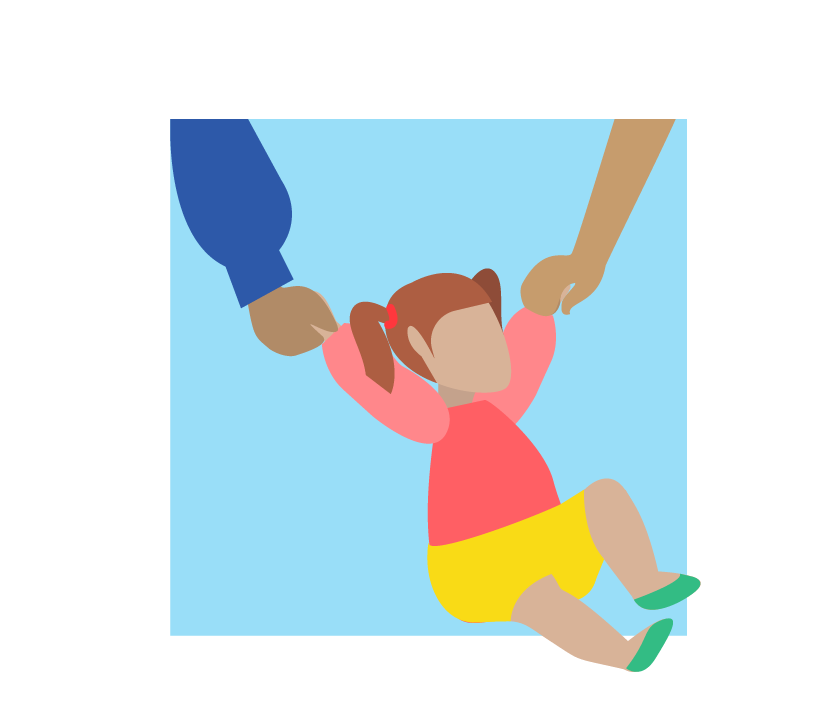
Fairness

Connection
Parents and caregivers are crucial
Parents and other caregiver’s introduce children to the world. These relationships and bonds shape every child’s earliest experiences and development. Studies show that warm, stimulating, responsive caregiving is one of the best predictors of children doing well in school, and subsequently becoming happy and healthy adults. When caregivers talk, sing and play with their babies, they help to build a healthy brain wired to learn and interact with others.
But this doesn’t mean parents and caregivers don’t need support. We work to also emphasise the importance of the wellbeing of caregivers, as this has an essential role in ensuring a good start for all children.
What are early childhood policies and programmes?
For a child to thrive, they need good nutrition and healthcare, protection from harm, opportunities to play and plenty of loving exchanges with adults. Early childhood policies and programmes provide opportunities to ensure millions of young children across the world are able to reach their full potential.
Early childhood initiatives can take many forms, from nutrition, health, water and sanitation, to education and social protection. More recently, we and others have been working to include a focus on the early years in a broader range of sectors that have an impact on children’s early experiences, such as urban planning and humanitarian assistance.
Growing evidence is also convincing governments and other stakeholders that investing in the early years promises an exponential return on investments in the early years.

Many stakeholders from across government, business, philanthropy and civil society have a critical role to play in supporting young children and families. We support them to recognise the importance of the early years and how they can contribute to inclusive societies.
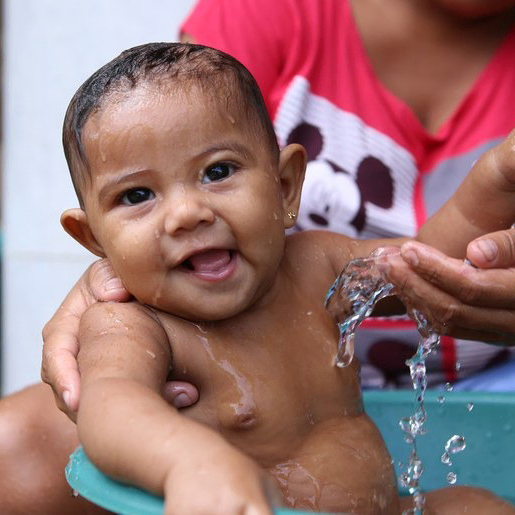 Case
Home visiting services scale up in Brazil
Case
Home visiting services scale up in Brazil
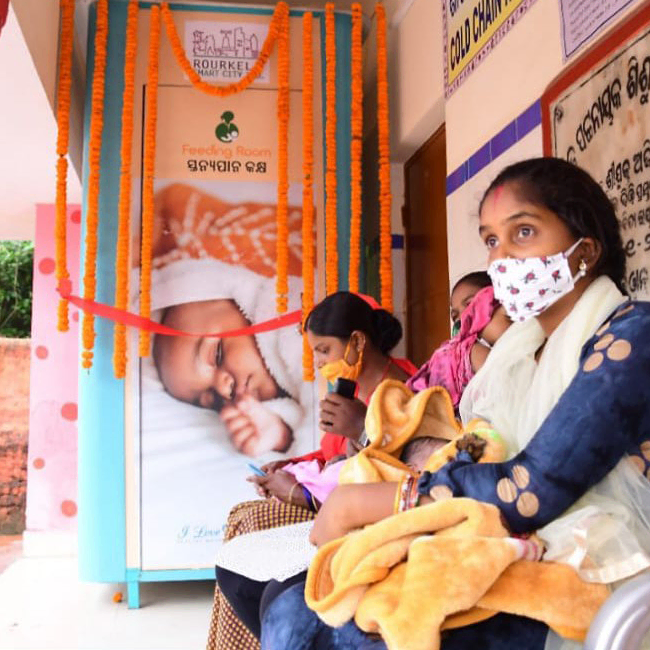 Case
India’s Nurturing Neighbourhoods Challenge helps cities to support families
Case
India’s Nurturing Neighbourhoods Challenge helps cities to support families
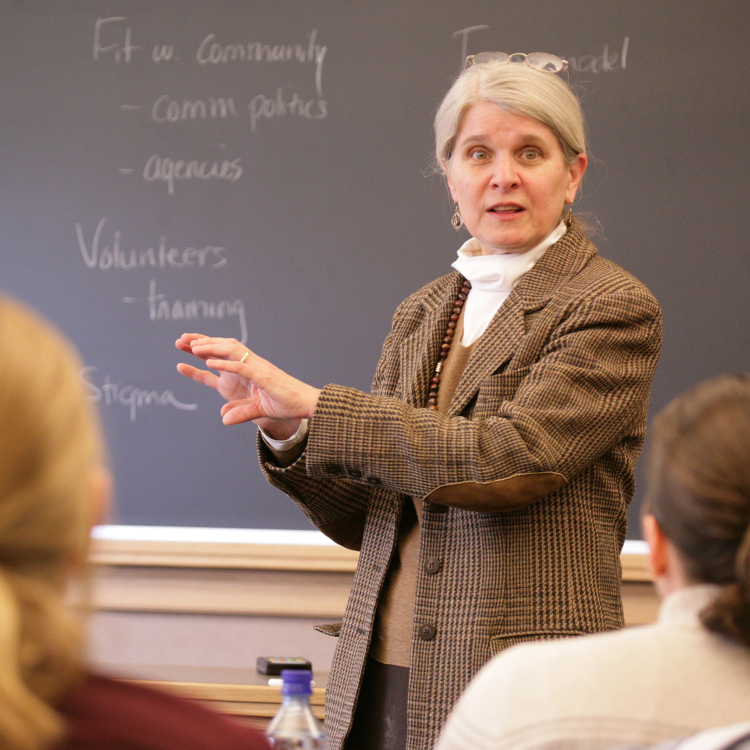 Case
Harvard executive programme on leading and scaling early childhood programmes
Case
Harvard executive programme on leading and scaling early childhood programmes